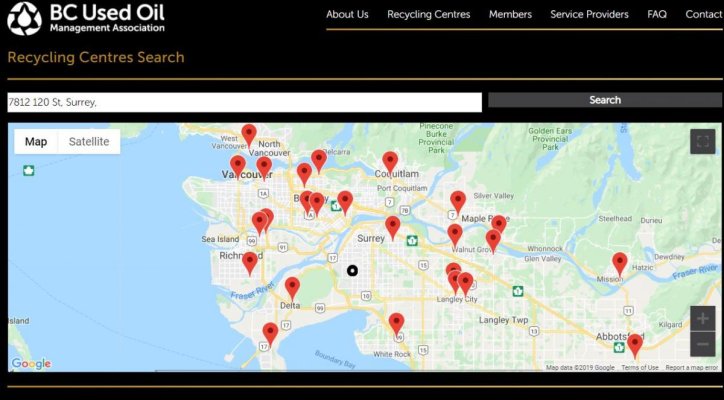FF
Guru
- Joined
- Oct 12, 2007
- Messages
- 22,552
"sorry but "bad news" does not help make a decision, that is opinion only. As I am looking for pros & cons and then will make my decision."
All engines are different but Detroit publishes their opinion with pictures of the resulting damage.
In a word DONT.
A centrifuge for fuel is common in the OTR truck industry.They work fine for dirty fuel, but on a boat a proper fuel tank with a deep sump works better , if there is lots of water in the fuel.
For engine lube oil a centrifuge might take lots of engine hours a year to make it cost effective..
All engines are different but Detroit publishes their opinion with pictures of the resulting damage.
In a word DONT.
A centrifuge for fuel is common in the OTR truck industry.They work fine for dirty fuel, but on a boat a proper fuel tank with a deep sump works better , if there is lots of water in the fuel.
For engine lube oil a centrifuge might take lots of engine hours a year to make it cost effective..
Last edited:

